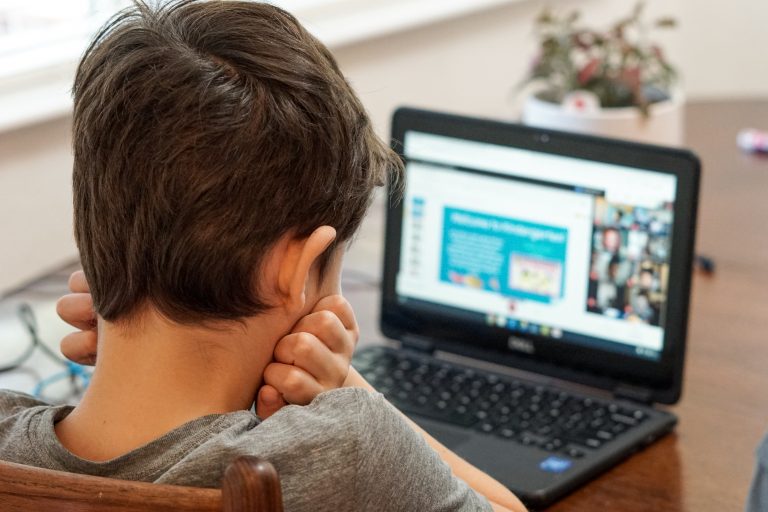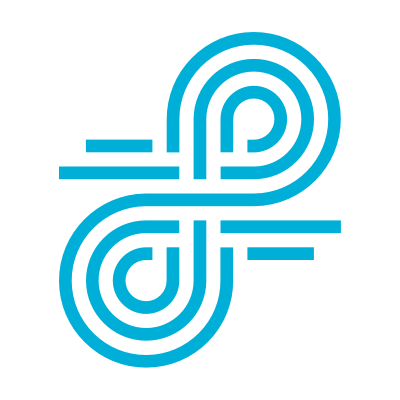Edtech student safety expert joins Lightspeed Systems
Former CIO of Miami Dade County Schools (and ed-tech rockstar) Debbie Karcher has joined Lightspeed! We’re all very excited about how her new role as an advisor can drive our products forward and help even more schools safely and effectively integrate technology. We kicked things off with a little Q&A with Debbie to talk ed-tech, student safety, and more.
How long have you been involved in ed-tech?
I started at Miami Dade County Schools in 2002 and was there for 16 years! I was interested in educational technology and what that could mean for students long before that — but it was really during my time there that the world started to take notice of what technology in the hands of students could mean and move forward making that a reality, for better and for worse.
Explain “for better and worse.”
Obviously technology is ubiquitous and powerful and can give students access to information and experiences that were never before possible. It can drive better education – for every student – in ways we couldn’t do before. But it also opens up new challenges and schools need to make sure they’re implementing technology safely, effectively, and responsibly. That’s where Lightspeed comes in.
What are you most proud of from your time at Miami Dade County Schools?
We did so many things I’m proud of, but I think proudest would be the 1:1 program we put in place while I was there. By the time I left we had over 400,000 devices! But it’s about so much more than just buying a lot of devices. We also implemented solutions to keep them safe (like Lightspeed). And to make them useful for curriculum and testing and homework and research and all those things. We informed parents. We worked closely with teachers. We made provisions for equity and access since a lot of students didn’t even have wi-fi at home. There were so many pieces involved because a 1:1 is a program that goes far beyond the technology department. So I’m proud of how we worked across the district and with the whole community on that.
How did you first start working with Lightspeed?
We started looking at new content filters in 2012, and chose Lightspeed in 2013 after a thorough review of all the solutions out there. A couple of things really drove that decision. One was Lightspeed’s scalability. As a large district with a lot of users and a lot of devices, we needed something that would scale. Another was your focus on education. We had filtering challenges with things like YouTube that other filters just couldn’t address, or didn’t address, and Lightspeed was really innovative about the way they went about solving those education-specific needs.
I know you previously advised a different web filtering company. What made you shift to Lightspeed?
Yes, I was an advisor for a different company, working with the team that focused on education for them, but education and student safety was not their core business and that makes a big difference to me. I know the partnership I have with Lightspeed now will allow us to have a bigger impact on ed-tech and schools and students than I could anywhere else. I’m also really excited about the new technology coming with Relay and the latest Lightspeed solutions.
What Lightspeed technology are you most excited about?
Way back in 2013 we had to buy a lot of hardware to filter our network. The ability to move that filtering entirely to the cloud with Relay – and still filter every device, still cover BYOD, and have even more reporting and real-time features – is really exciting. That alone can save schools a lot of time and money.
But obviously I care deeply about students; that’s why I work in education and have for so long. So the ability to help students who are struggling and actually save students’ lives with Safety Check and the AI and alerts that come with that appeals to me on a really emotional level. Which, by the way, has always been at the heart of Lightspeed, way back to when Bob Campus was around. People who go way back know Bob!
And Analytics, too. Data is going to be important for taking digital conversions to the next level and it’s important to be able to measure the effectiveness and adoption of all the things schools are doing. I care a lot about the environment, too, and am drawn to how digital content and web-based tools and online reports can reduce waste – but it needs to be effective so it needs to be measured.
Thanks, Debbie! Where can people see you or hear from you next?
Well I’ll be talking about all these things – data and safety and 1:1 programs — at a webinar on June 13. I hope people will join that! And I’ll be speaking at conferences and meeting with districts starting later this summer.

